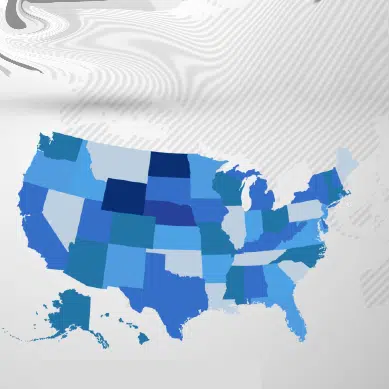A qualified security assessor, often known as a QSA, assists businesses in detecting weaknesses in their cybersecurity and cyber security awareness training. These people work for Qualified Security Assessor companies (QSACs), which are autonomous security firms approved by the PCI Security Standards Council to verify an entity’s compliance with the Payment Card Industry Data Security Standard (PCI DSS).
A QSA is essential in the field of cybersecurity for assisting enterprises in upholding the PCI DSS standard. The QSA is essentially an internal security assessor in charge of carrying out security assessments, examining and evaluating security policies and practices, and offering suggestions for enhancements.
The QSA collaborates with the organization to identify any potential security gaps, evaluate the efficiency of current security controls, and estimate the consequences of potential security gaps.

What are the Responsibilities of a QSA?
A QSA list of responsibilities:
- Validating and confirming Cardholder Data Environment (CDE) scope as defined by the assessed entity.
- Selecting employees, facilities, systems, and system components accurately representing the assessed environment if sampling is employed
- Being on-site at the assessed entity during the PCI DSS Compliance Assessment
- Evaluating compensating controls as applicable.
- Providing an opinion about whether the assessed entity meets PCI DSS Requirements
- Effectively using the PCI DSS ROC Reporting Template to produce Reports on Compliance
- Validating and attesting as to an entity’s PCI DSS compliance status
- Maintaining documents, work papers, and interview notes that were collected during the PCI DSS Assessment process and used to validate the findings
- Applying and maintaining independent judgment in all PCI DSS Assessment decisions
- Conducting follow-up assessments, as needed
- Stating whether or not the assessed entity has achieved compliance with PCI DSS
Evaluating an organization’s adherence to security standards and regulations is one of a QSA’s main duties. Performing risk assessments, evaluating security policies and procedures, and conducting on-site inspections to confirm the efficacy of security measures are all included in this. The firm must have the required security measures in place to guard against unauthorized access to sensitive data and data breaches, according to the QSA compliance rules.
Additionally, the QSA is required to have procedures and policies in place for limiting access to private data, guarding against data breaches, and responding to security incidents. The QSA must also make sure that employees are trained on the importance of protecting sensitive data and evaluate the success of security awareness training initiatives.
Start Getting Value With
Centraleyes for Free
See for yourself how the Centraleyes platform exceeds anything an old GRC
system does and eliminates the need for manual processes and spreadsheets
to give you immediate value and run a full risk assessment in less than 30 days
What Qualifications Does a QSA Need?
Qualified security assessors are stringently vetted by the PCI SSC to ensure integrity and trust in the PCI assessments. A QSA will be employed by a QSAC that has been approved by the PCI Security Standards Council, be conversant with PCI DSS guidelines, have at least one year of experience in IT or IT security, and hold any necessary certifications from the industry.
The PCI DSS requirements are introduced via an online course that is part of the QSA training process. This is followed by a thorough instructor-led course and an assessment. Brand-specific needs, testing methods, validation procedures, and reporting requirements are covered throughout the course.
Each year, QSAs are required to update their certification online in order to maintain compliance. This makes it possible to guarantee that QSAs have the most recent knowledge and abilities necessary to carry out security assessments and safeguard sensitive data.
The Importance of a Qualified Security Assessor
For businesses that manage sensitive financial and personal data, the employment of a QSA to ensure that their information systems, networks, and apps comply with industry standards and regulations holds great importance. The Payment Card Industry Security Standards Council, for instance, mandates that businesses that deal with credit card transactions conduct annual security assessments and have their security procedures evaluated by a QSA.
Businesses benefit from using best practices for protecting sensitive information, putting security assessments by a QSA into effect, and keeping stakeholders’ and customers’ trust. Additionally, it helps build a framework for ongoing development and provides analytical information about the organization’s security posture.
Any efficient cybersecurity program must have a qualified security assessor (QSA). QSAs assist enterprises in evaluating the security of their information systems, networks, and applications, identifying potential security threats, and putting in place efficient security measures thanks to their experience in security standards, regulations, and best practices. Working with a QSA enables enterprises to safeguard their sensitive data, uphold the trust of their stakeholders and clients, and stay ahead of new security threats in the always-changing cybersecurity landscape.
Start Getting Value With
Centraleyes for Free
See for yourself how the Centraleyes platform exceeds anything an old GRC
system does and eliminates the need for manual processes and spreadsheets
to give you immediate value and run a full risk assessment in less than 30 days





